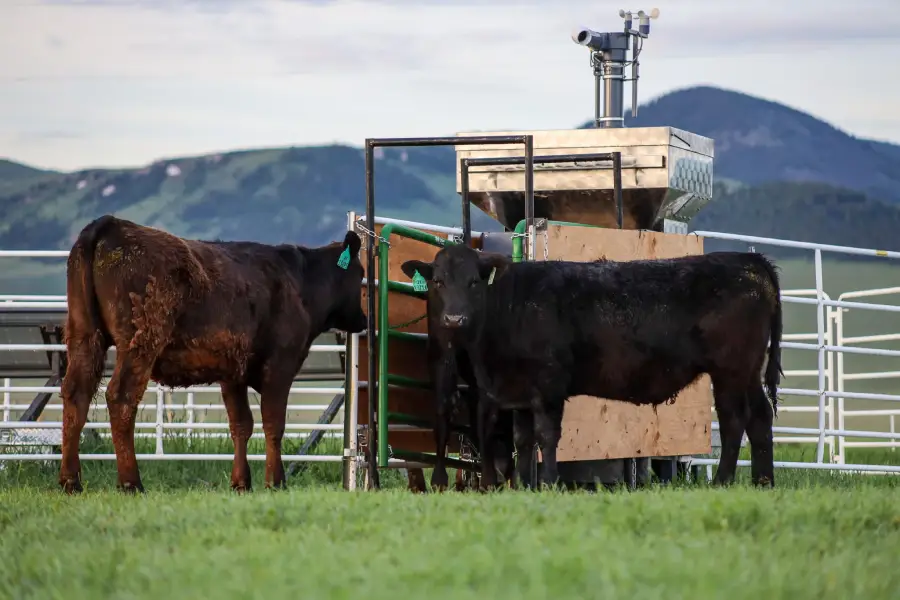Seaweed Supplement Reduces Methane Emissions in Grazing Beef Cattle

A recent study by researchers at the University of California, Davis, has demonstrated that a seaweed-based dietary supplement can reduce methane emissions in grazing beef cattle by nearly 40% without affecting their health or weight. Published in the Proceedings of the National Academy of Sciences, the research is the first to test the effectiveness of seaweed supplements in grazing cattle, following earlier studies that showed reductions of 82% in feedlot cattle and over 50% in dairy cows.
Livestock contributes 14.5% of global greenhouse gas emissions, with methane released during digestion accounting for a significant portion. Grazing cattle, which consume more fibrous diets from grass, produce higher levels of methane compared to feedlot or dairy cattle. In the United States, over 64 million beef cattle spend most of their lives grazing on pasture before transitioning to feedlots. According to Ermias Kebreab, professor in the Department of Animal Science at UC Davis, developing accessible feed additives like the seaweed supplement is critical to reducing emissions from these animals and advancing the sustainability of cattle farming.
The study, conducted over 10 weeks at Matador Ranch in Dillon, Montana, involved 24 beef steers divided into two groups, with one group receiving the seaweed supplement while the other did not. Despite the challenges of delivering supplements to grazing cattle, which often roam far from ranches, the animals consumed the additive voluntarily, resulting in a significant reduction in emissions. Kebreab noted that this approach could potentially be scaled by using delivery mechanisms such as lick blocks, making it easier for ranchers to integrate the supplement into grazing systems.
The findings highlight a practical method to address the environmental impact of grazing systems, which support millions of people worldwide, particularly in regions vulnerable to climate change. A related article in the same journal by UC Davis Professor Alison Van Eenennaam stresses the importance of improving livestock production efficiency in low- and middle-income countries through enhanced genetics, feeding practices, and health management to meet global meat demand while minimizing greenhouse gas emissions.
The study was supported by Matador Ranch and involved UC Davis researchers Paulo de Méo Filho and John-Fredy Ramirez-Agudelo. It underscores the potential for innovative approaches to reduce methane emissions in cattle and mitigate the broader impact of livestock on climate change.


Responses